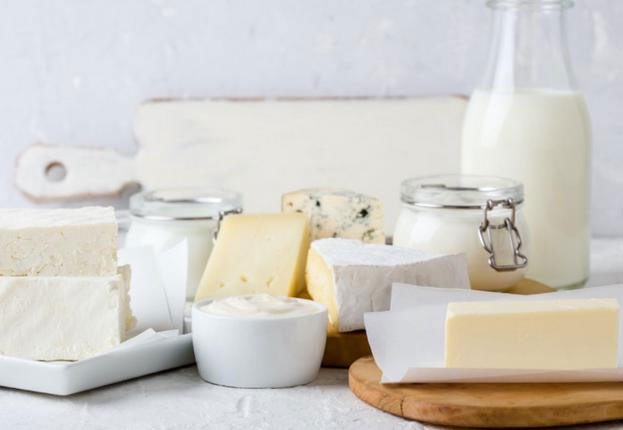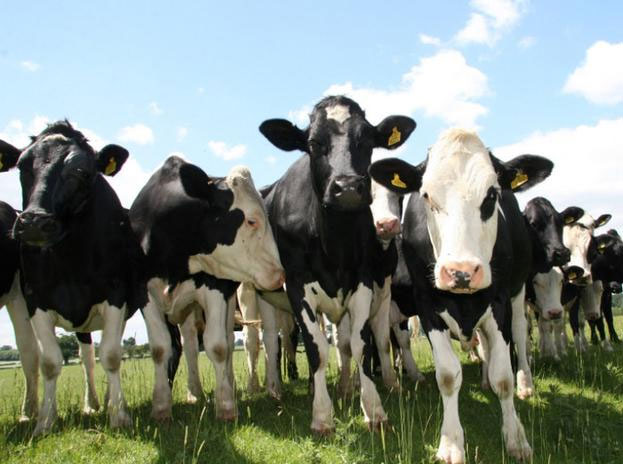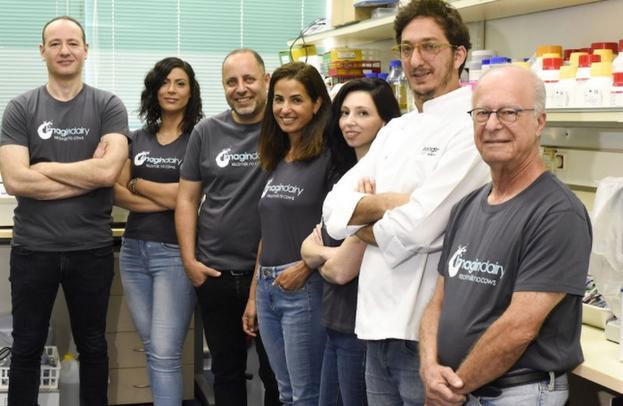Many people dislike cow’s milk simply because they believe it is “milk for cows.” However, others cannot consume it due to allergies to cow’s milk protein. But did you know there is an alternative milk option that has a composition similar to cow’s milk but is not derived from cows?
The company Imagindairy from Tel Aviv, Israel, has received $13.1 million in funding for a project aimed at creating microbial-based dairy products instead of traditional cow’s milk production. This involves a complex processing method that includes programming DNA into microorganisms to produce whey and casein—two important proteins found in milk. This mixture is then blended with fats, sugars, and water to create a plant-based milk formula that mimics cow’s milk.

A new type of milk that could save the Earth.
The clear advantage of such a product is its positive impact on the environment, especially when it becomes widely available and consumed globally.
In fact, traditional cow’s milk production requires a large number of cows to meet human milk consumption demands. However, this leads to methane emissions from livestock, which negatively affects global climate. The United Nations has previously stated that methane accounts for 30% of global warming since pre-industrial times. While carbon dioxide is the most abundant greenhouse gas in the atmosphere, methane ranks second but is still capable of causing significant heat retention issues.
Therefore, introducing a milk alternative that does not come from cows could have similar effects to other meat and dairy substitutes, such as lab-grown beef or chicken, which aim to replicate animal products without the need to slaughter livestock.

Traditional cow’s milk production requires a large number of cows to meet human milk consumption demands.
Eyal Afergan, founder and CEO of Imagindairy, stated: “It’s difficult for people to make significant changes, especially when it comes to their eating habits. But when there’s an alternative that offers the same taste and experience, it becomes much easier.”

Cost optimization is a key factor in driving change in how we consume dairy products.
Imagindairy is not the first company to produce cow’s milk from microorganisms; another brand, Perfect Day, has done so before, but the milk produced was limited in quantity, resulting in high prices. Producing such dairy products on a large scale will not only reduce costs but also make their widespread adoption much easier.
Afergan mentioned: “No one is willing to buy a bottle of milk for $50 or even $15; it’s too expensive. Therefore, cost optimization is crucial for driving real change in how we consume dairy products.” Imagindairy expects its first products to hit the shelves in 2023, with Israel being the first market.

















































